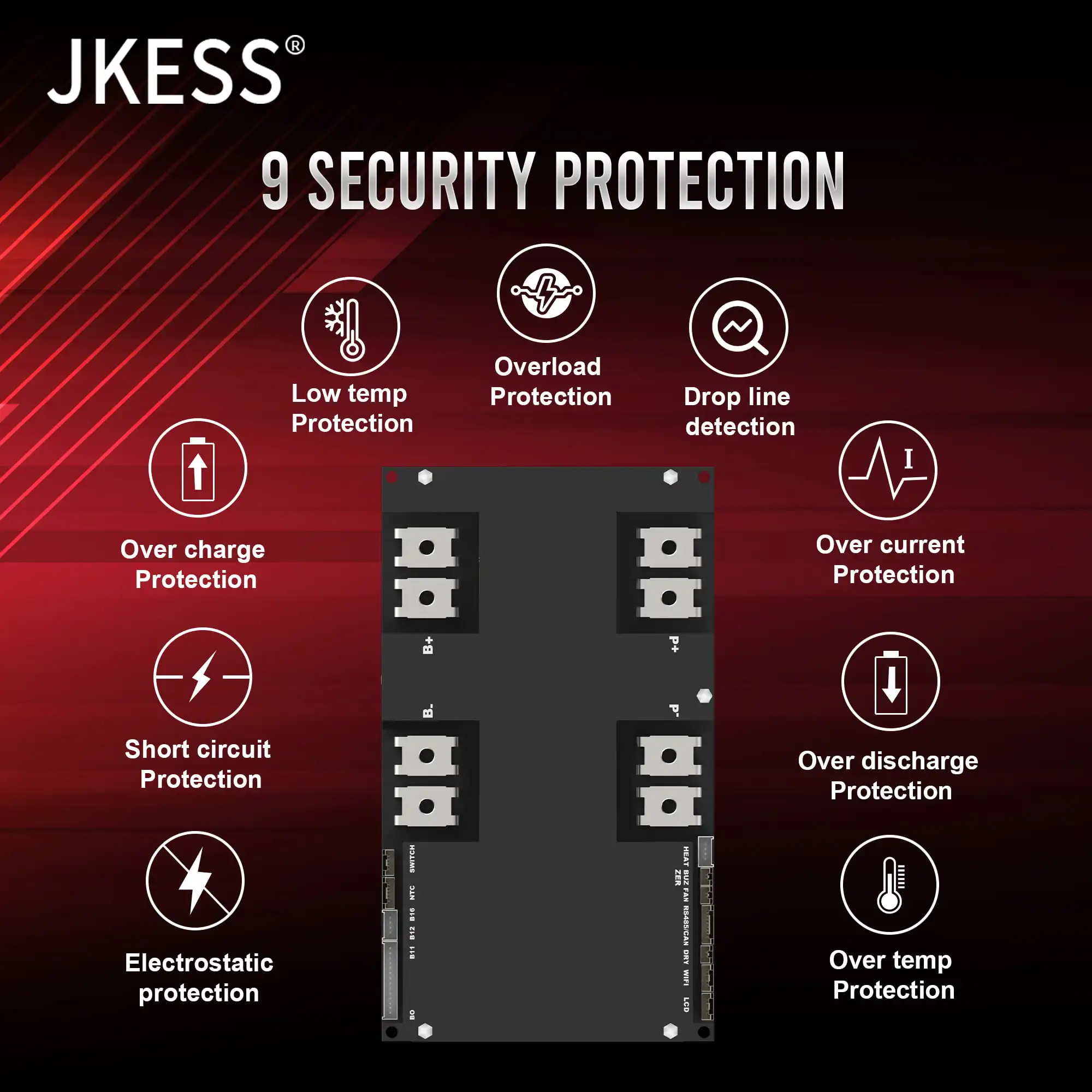Transform Your Home's Energy Management with Battery Storage Solutions
The rising demand for sustainable energy solutions has brought electric storage batteries to the forefront of home energy management. These innovative systems are revolutionizing how households consume, store, and optimize their power usage. As utility costs continue to climb and environmental concerns grow, homeowners are increasingly turning to electric storage battery systems to take control of their energy future.
An electric storage battery serves as a vital link between power generation and consumption, allowing homeowners to store excess energy for use when needed most. This technology not only promotes energy independence but also provides a reliable backup power source while reducing overall electricity costs. Understanding how these systems work and their benefits is crucial for homeowners looking to enhance their energy efficiency.
Core Components and Functionality of Home Battery Systems
Essential Elements of Battery Storage Technology
The foundation of any home electric storage battery system consists of several key components working in harmony. The battery cells, typically lithium-ion technology, form the heart of the system, storing electrical energy in chemical form. An inverter converts the stored DC power to AC power for home use, while sophisticated battery management systems monitor and optimize performance. Smart controls and monitoring interfaces allow homeowners to track and adjust their energy usage patterns in real-time.
Modern electric storage battery systems also incorporate safety features such as thermal management, overcharge protection, and emergency shutdown capabilities. These protective measures ensure reliable operation while safeguarding your home and family. The modular design of many systems allows for future expansion as energy needs grow.
Integration with Existing Home Power Systems
Installing an electric storage battery seamlessly connects with your home's electrical infrastructure. The system can be integrated with existing solar panels, the power grid, or both, creating a flexible hybrid setup. During installation, professional technicians configure the battery to work with your home's electrical panel, ensuring smooth power transitions and optimal energy flow management.
Advanced monitoring systems provide detailed insights into power generation, storage levels, and consumption patterns. This data enables homeowners to make informed decisions about their energy usage and maximize the benefits of their battery storage system.

Maximizing Energy Savings and Efficiency
Strategic Energy Storage and Usage Patterns
One of the primary advantages of an electric storage battery is its ability to help homeowners optimize their energy consumption. By storing excess power during off-peak hours when rates are lower, you can use this stored energy during peak periods when electricity costs are highest. This load shifting capability can significantly reduce monthly utility bills while maintaining consistent power availability.
Smart charging algorithms learn your household's energy patterns and automatically adjust storage and usage strategies. For example, the system might prioritize battery charging when solar production is highest or when grid rates are lowest, ensuring you always have power available when needed at the most economical cost.
Reducing Peak Demand Charges
Many utility companies charge premium rates during high-demand periods. An electric storage battery helps avoid these costly peak rates by providing stored power when grid demand is highest. This peak shaving capability not only reduces electricity bills but also helps stabilize the broader power grid by reducing strain during critical periods.
The system's intelligent controls can automatically switch to battery power during peak rate periods, maintaining your home's power needs while avoiding expensive grid electricity. This strategic energy management approach can lead to substantial savings over time.
Environmental Benefits and Sustainable Living
Carbon Footprint Reduction
By optimizing energy usage and supporting renewable power sources, electric storage battery systems play a crucial role in reducing household carbon emissions. When paired with solar panels, these systems maximize the use of clean energy by storing excess solar power for use during cloudy days or nighttime hours. This increased reliance on renewable energy directly translates to reduced fossil fuel consumption and lower environmental impact.
The ability to store and use clean energy more efficiently also helps reduce the need for polluting peaker plants that utilities activate during high-demand periods. This broader grid benefit makes your home part of the solution to climate change.
Supporting Grid Stability and Renewable Integration
Home battery storage systems contribute to greater grid reliability by providing localized power resources. During periods of high demand or grid instability, your electric storage battery can help balance local power needs, reducing strain on the broader infrastructure. This distributed storage approach supports the integration of more renewable energy sources into the power grid.
As more homes adopt battery storage systems, the cumulative effect creates a more resilient and sustainable energy network. This community-wide benefit demonstrates how individual actions can contribute to larger environmental goals.
Frequently Asked Questions
What is the typical lifespan of a home electric storage battery?
Most modern electric storage battery systems are designed to last 10-15 years with proper maintenance. The actual lifespan depends on factors such as usage patterns, environmental conditions, and the quality of the battery management system. Many manufacturers offer warranties covering performance for 10 years or a specific number of charging cycles.
How much can I save with a home battery storage system?
Savings vary based on your electricity rates, usage patterns, and system size. However, many homeowners report reducing their monthly electricity bills by 30-60% through peak rate avoidance and optimal energy management. When combined with solar panels, savings can be even more substantial, potentially eliminating electricity bills entirely.
Will a battery system provide backup power during outages?
Yes, an electric storage battery can provide backup power during grid outages. The system automatically switches to battery power when grid power fails, maintaining essential household functions. The duration of backup power depends on your battery capacity and energy usage, but most systems can power critical loads for several hours to days.

